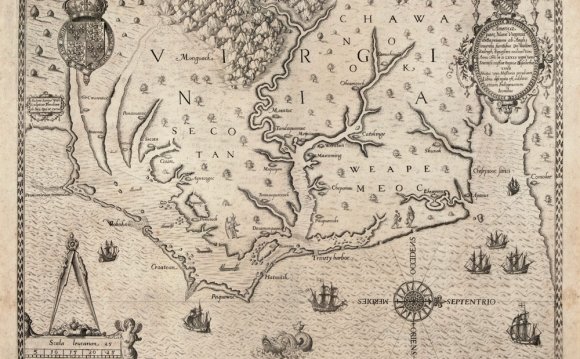
 As early as 1665, North Carolinians disliked taxes—even if deemed necessary-and they specially loathed abuse of energy and mismanagement of revenue. A chief concern for colonists was the quitrent—basically a land taxation. North Carolinians’ irritation using quitrent intensified during the early 1700s, if the brand new provincial government attempted gathering straight back taxes additionally the system and royal officials debated the proper part for the federal government as well as the quitrent.
As early as 1665, North Carolinians disliked taxes—even if deemed necessary-and they specially loathed abuse of energy and mismanagement of revenue. A chief concern for colonists was the quitrent—basically a land taxation. North Carolinians’ irritation using quitrent intensified during the early 1700s, if the brand new provincial government attempted gathering straight back taxes additionally the system and royal officials debated the proper part for the federal government as well as the quitrent.
During a tumultuous political interregnum in 1650s The united kingdomt, numerous royalists had helped Charles II protected their throne, therefore once he came back from France and thought energy in 1660, the king began awarding land funds along with other patronage to their governmental allies.
In 1663 Charles II awarded eight allies land in what has become new york and South Carolina. The eight Lords Proprietors virtually straight away issued a quitrent to aid purchase the establishment and upkeep of a Proprietary government-in certain, the governor’s income. From first times of its execution, the quitrent ended up being a contentious matter, for no matter the positioning or value of land during the belated 1600s or early 1700s, the Lords Proprietors levied a standard price per acre (varying from a farthing per acre to a half-penny eventually).
In Proprietary vermont, the suspension system of quitrents lured colonial settlers, yet not as much migrated once the Assembly had hoped; the 1669 Albemarle Assembly, by way of example, deferred the quitrent for example year. Such suspensions failed to draw many newcomers in great component because Virginia officials purposefully disparaged North Carolinians and utilized tax breaks maintain landowners inside their colony. At the same time, the Lords Proprietors usually pushed governors to raise the quitrent.
During the early 1700s, the quitrent system and the sale of land into the Proprietary caused numerous issues, including disagreements among Proprietors, governors, the Assembly, and denizens. The Proprietors, for example, wished quitrents paid in sterling, but many Tar Heels could only pay with marketable products. Before 1715, agents seized land for nonpayment of fees, in 1715 the Albemarle Assembly disallowed representatives from evaluating seized property and allowed products as repayment. Of course, quitrents were no further profitable for the Proprietary, the taxation went purely to paying officials. During 1720s, the Proprietors lost progressively control of their colony: neighborhood officials made funds from the inexpensive purchase of land alternatively and very nearly 10, 000 pounds of quitrents had been in arrears. Excluding Lord Carteret, the frustrated Proprietors joyfully marketed their particular statements towards Crown in 1729.
North Carolinians’ discomfort with all the quitrent intensified beneath the management of this first royal governor, George Burrington, an opponent regarding the Proprietors and ironically a former friend of freedom. For one thing, from purchase of North Carolina into the start of Burrington’s administration (from mid-1729 to very early 1731), North Carolinians existed away from governmental guideline. For another thing, right from the start of Burrington’s management, the main issue of this new federal government ended up being its presence. If North Carolinians’ back taxes in Proprietorship were become cancelled because of the royal government, Burrington declared, (the Crown had paid god Proprietors 5, 000 pounds for unpaid quitrents) the Albemarle Assembly must provide a list of all authorized land holders and all quitrents from thereafter should be paid in coin.
YOU MIGHT ALSO LIKE












